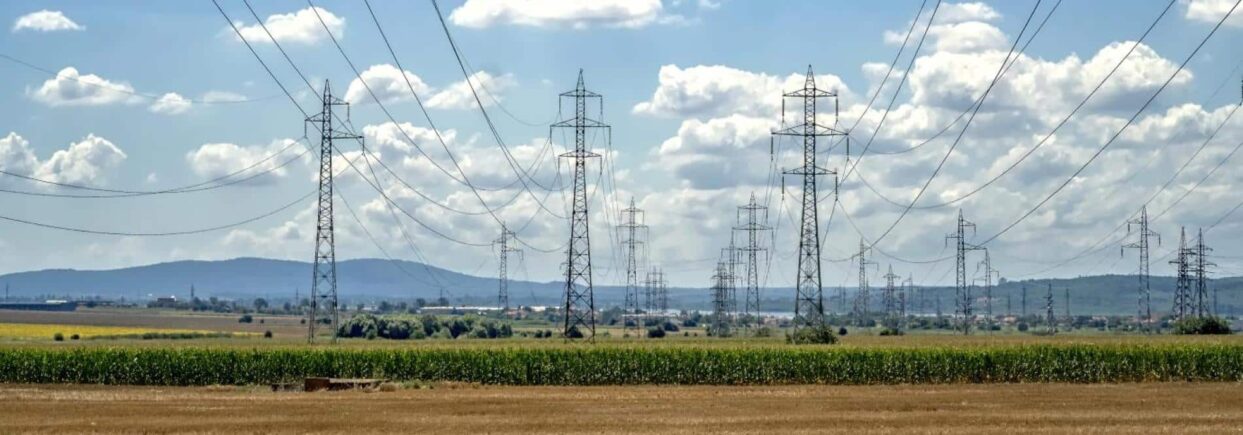Whitewater boating season offers a metaphor for our local energy supply. We’re in the calm pool edging closer and closer to the lip of the rapid, before plunging into frothy waves below.
That’s the position La Plata Electric Association finds itself in, for years waiting to learn the cost to terminate its onerous electric supply contract with Tri-State Generation and Transmission Association. But this summer, the Federal Energy Regulatory Commission is expected to finally decide the formula for calculating the payment to exit the contract.
LPEA is the rural electric cooperative supplying electricity to residents of La Plata and Archuleta counties. As many know, LPEA is locked into a long-term contract with Tri-State that requires LPEA purchase 95% of its electricity from Tri-State through the year 2050, under terms whereby Tri-State unilaterally sets the price for electricity and chooses the sources of that power.
LPEA has established goals for affordability and reduced carbon emissions, but as long as it’s locked into the long-term contract with Tri-State, LPEA is entirely at the mercy of Tri-State on price and climate progress. Tri-State has traditionally relied on burning coal for the majority of its electric supply. LPEA members started agitating years ago to terminate the contract with Tri-State in order to reduce reliance on coal, both to achieve climate goals and to take advantage of cheaper renewable energy.
That’s been a clear division about LPEA’s future, one that plays out in elections for LPEA’s board of directors. Some candidates value the familiarity and comfort of Tri-State, and gladly defer pricing and power supply decisions to Tri-State. Other candidates would rather LPEA chart its own course, and move with greater alacrity toward local renewable sources that both reduce carbon emissions and save members money.
LPEA and others among Tri-State’s 42 member cooperatives have requested terms for exiting their contracts without waiting another 27 years. Previously, two Tri-State member co-ops, Kit Carson in New Mexico and Delta-Montrose in Colorado, reached agreements on contract termination payments, but Tri-State insists on keeping the terms of those settlements confidential. Thus LPEA has been stuck in limbo, unable to make a rationale choice of whether to leave Tri-State or remain, absent knowing the price tag to terminate its contract early.
Fortunately, FERC this summer should decide on a transparent method for cooperatives like LPEA to calculate their cost to terminate their contracts, removing the cloak of secrecy long imposed by Tri-State. FERC staff members have previously indicated alignment with a formula advocated by LPEA and other co-ops that want to explore contract termination, hence many expect an outcome more favorable to LPEA than to Tri-State.
A clear answer from FERC about the cost of a full exit from Tri-State’s onerous contract will allow LPEA’s board to assess the risks and rewards of staying hitched to Tri-State or going its own way. Whether to leave our energy future in the hands of Tri-State, or to adopt the flexibility to choose our own electricity sources with a more rapid shift away from coal than can Tri-State.
Tri-State is in a tough spot. They were slow to recognize the need to transition from coal. Many Tri-State board members still don’t believe in climate change. And their credit rating is on a downward spiral, with S&P Global Ratings recently issuing a “negative” credit outlook owing in part to co-ops dissatisfied with Tri-State’s high rates and coal-heavy electric supply.
LPEA’s Board will determine the path forward over the coming months. Will it stick with Tri-State and rely on Tri-State’s choices about rates and energy sources? Or will LPEA pursue local control of its energy future?
This content was first published in the Durango Herald here.


